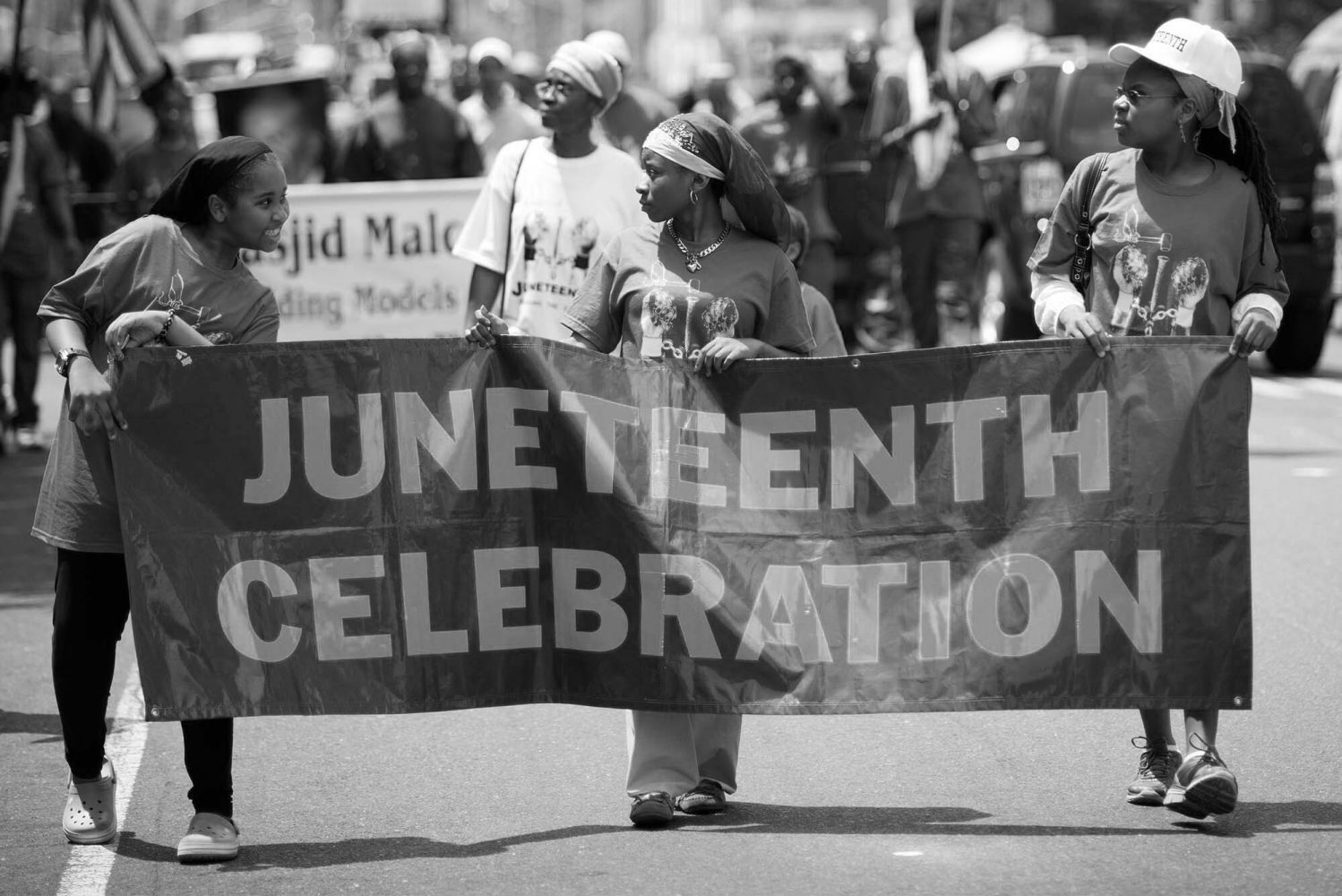Juneteenth – Celebrate, And Don’t Forget to Heal
Written by Imani Craig, LMSW, Clinical Review by Jenny Ryan, LCSW-C
Juneteenth is a significant occasion for the Black community, commemorating the end of slavery for African Americans following the Civil War. It serves as a time to celebrate the progress toward equality and justice in the United States. However, it is crucial to acknowledge that recognizing this progress should not lead to complacency. As June 19th approaches, it is equally vital to acknowledge the political significance of Juneteenth while also considering its emotional and mental impact on the Black community.
Additionally, Juneteenth provides an opportunity for people from all backgrounds to reflect on the history of slavery and its enduring legacy. It serves as a reminder of the ongoing fight for racial equality and the work that still needs to be done to address systemic injustices. This day encourages dialogue, education, and empathy, fostering a deeper understanding of the Black American experience and the challenges faced by the community. By engaging in meaningful conversations and supporting initiatives that promote inclusivity and social change, we can strive to create a more equitable society for all.
Racial Discrimination in the Black Community and what it means in Mental Health Care
Black Americans represent approximately 13.4 percent of the United States population, and within this demographic, over 7 million people, or 16 percent, have reported a mental health diagnosis. This highlights a clear and significant need for accessible healthcare services within the Black community. However, many barriers are associated with the Black Community receiving the care they need.
These barriers encompass various factors, including systemic issues, socioeconomic disparities, and cultural stigma. Historically, healthcare resources have been unequal, with fewer mental health facilities and services available in predominantly Black neighborhoods. Even though it is reported that the Black Community is more likely to report persistent symptoms related to mental health, only one in three of those who say they receive the healthcare they need. Also, according to The American Psychiatric Association, more than 11 percent of the Black Community is not covered by health insurance. The stigma of mental health care also serves as a barrier for the Black Community receiving the health care they need. A study found that 63 percent of Black people believe that experiencing a mental health condition is a sign of personal weakness. This is then related to shame and denial of their experiences of being diagnosed with a mental health condition.
Beginning Healing: 3 Ways Backpack Healthcare is Breaking the Barriers
Increased Access to Mental Health Resources: Addressing the systemic issues related to the availability of mental health resources in Black communities is crucial. Providing more access to affordable insurance/ health care services will assist in bridging the gap in continuity of care.
Mental Health Awareness and Education: Providing more psychoeducation about mental health conditions in the Black Community is vital. There are many misconceptions about mental health, such as how mental health may impact relationships and daily functioning. Breaking the stigma surrounding mental health will open doors for healing appropriately. As a community, it is essential to understand how others may be impacted by their experiences with mental health to increase compassionate interactions.
Cultural Humility and Competent Care: Educating and training healthcare providers on the needs of the Black Community will aid in overall care and treatment. Healthcare providers must be mindful and aware of the nuances associated with receiving health care in the Black Community. Furthermore, knowing that healthcare providers have your best interest in mind will influence seeking needed services.
At Backpack Healthcare, we are aware of the Black Community’s disparities in health care, specifically mental health. Backpack Healthcare addresses some of those concerns by providing services to the Medicaid population, decreasing the need for transportation by providing telehealth services, and having a diverse population of providers. A diverse network of providers increases our ability to provide culturally competent care. At Backpack Healthcare, we pride ourselves on meeting our clients where they are. Healing happens at its own pace.
Sources

